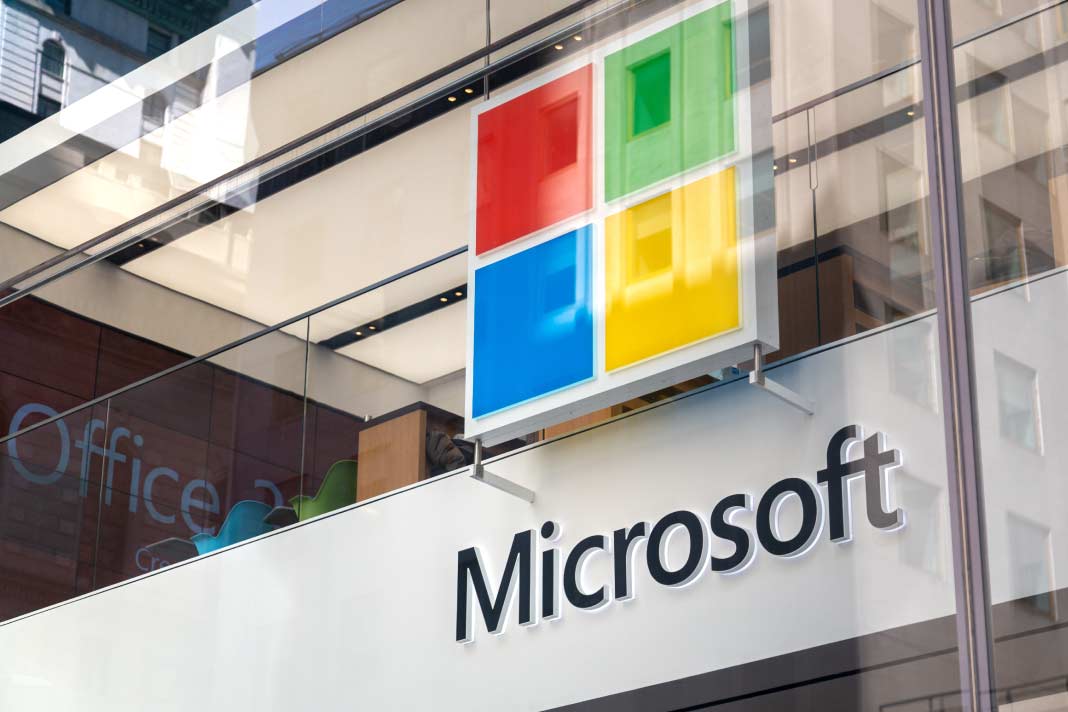Microsoft goes green! Cloud giant partners with Qcells for massive solar power boost, reaching for a carbon-negative future.
Cloud hyperscaler Microsoft is partnering with solar power infrastructure provider Qcells to generate 12 GW of renewable solar energy to improve the sustainability of its cloud services and progress toward its environmental goals.
The eight-year agreement will supply Microsoft with 12 GW of solar modules, or enough renewable energy, to power more than 1.8 million households annually.
With a timeline of 1.5 GW each year until 2032, including a 2.5 GW solar engineering, procurement and construction (EPC) agreement with Microsoft announced last January, this is Qcells’ largest solar deal.
“Qcells is uniquely positioned to ally with Microsoft toward creating a clean, sustainable future because of our investment in building an American-made solar supply chain,” Qcells CEO Justin Lee said. “This first step is only the beginning of a great partnership that supports our two companies and helps deliver a clean energy future for customers and communities.”
Microsoft plans to use this solar energy to reach its environmental goals of matching 100% of its fossil fuel electricity use with renewable energy by 2025 and being a carbon-negative, water-positive and zero-waste company by 2030. A commitment to carbon neutrality means the cloud hyperscaler will reduce its carbon emissions to net zero and remove additional carbon from the atmosphere.
Supporting grid modernization
While Microsoft says it is still “working on the details ahead of 2025,” the 12 GW of solar capacity generated in this deal will be distributed across the United States to solar project developers in partnership with the cloud provider, according to a spokesperson. “We are always looking for ways to improve services for our customers and the planet,” they told SDxCentral.
These solar modules will use polysilicon – the main raw material in solar modules – produced by REC Silicon at a factory in Cartersville, Georgia, beginning later this year. The polysilicon factory is partly funded by a $200 million investment from Qcells’ parent company, Hanwha Solutions, a South Korean energy services and petrochemical provider.
Microsoft’s support of renewable energy technologies is part of a bigger push toward modernizing the electricity grid or transitioning from traditionally carbon-intensive power grids.
“Through long-term agreements like this, we are signaling Microsoft’s demand and bringing more renewable energy to the grid faster,” Microsoft VP of Energy Bobby Hollis said.



